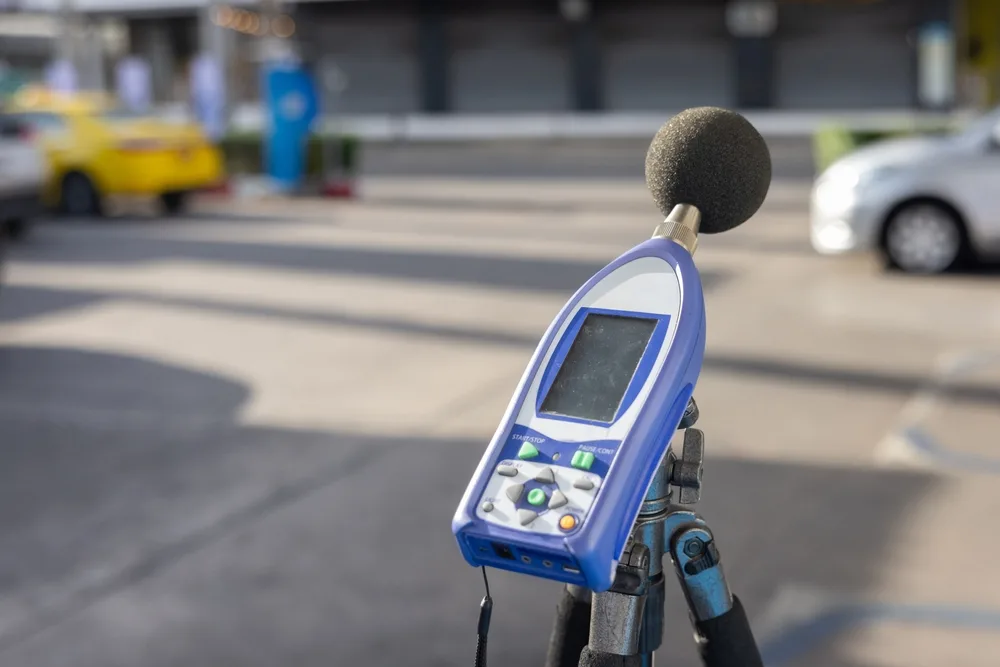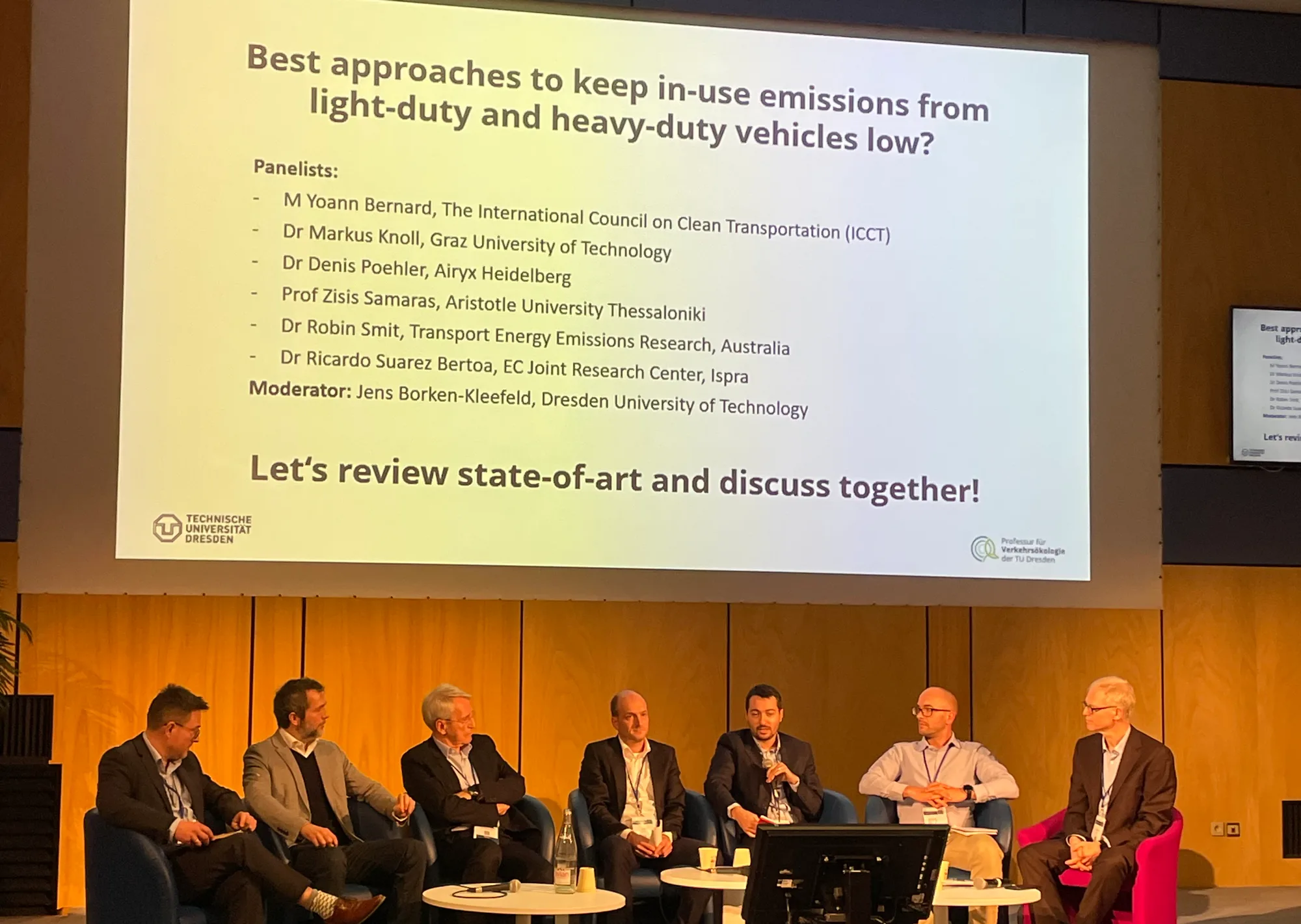New TRUE emissions testing begins across the Warsaw LEZ
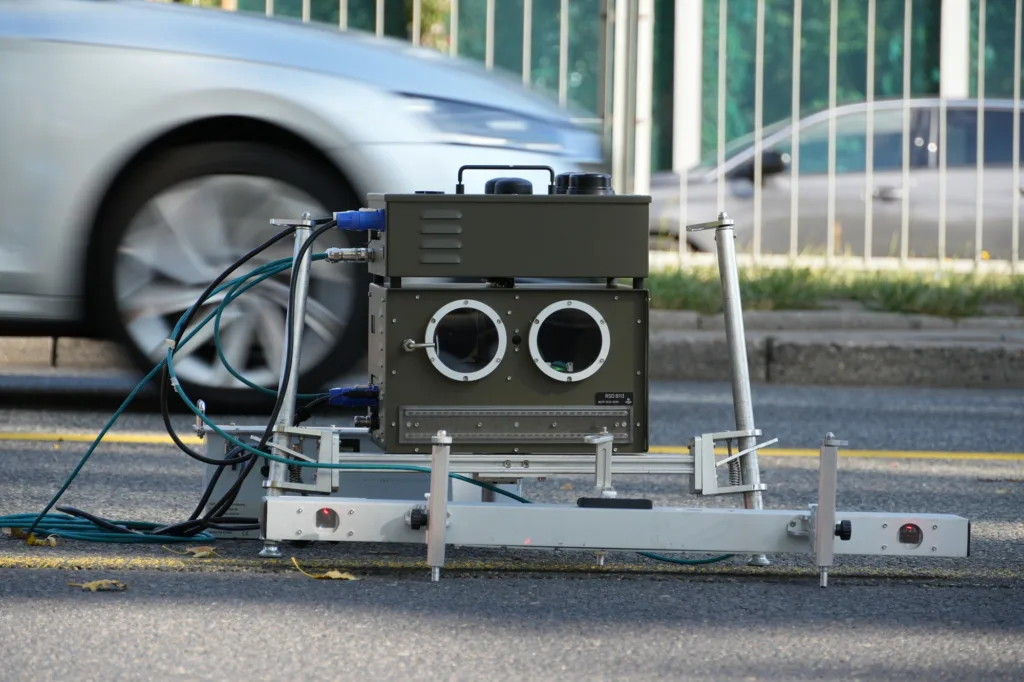
A new TRUE Initiative testing campaign collecting real-world vehicle emissions measurements will support the city of Warsaw to monitor and analyze the effectiveness of its newly implemented low-emission zone.
Remote sensing equipment is once again on roadsides across Warsaw, Poland for a new TRUE Initiative project aimed at evaluating the effectiveness of the city’s low-emission zone (LEZ). The project is part of TRUE’s continued collaboration with the city and is the second data collection campaign in support of their efforts to reduce traffic-related air pollution.
The project brings together international and local partners, including Breathe Cities, the Warsaw Air Protection and Climate Policy Department (BOPiPK), and the Warsaw Roads Authority (ZDM), to accomplish this critical work in understanding the real-world impacts of the LEZ on not only emissions reductions, but on public health.
“The city of Warsaw has two main sources of emissions. This is typical for Central European cities,” said Maria Wiśnicka, deputy director of BOPiPK. “One of the sources is heating systems, both in the municipal and residential sectors. We have achieved a lot in this area since 2017, when the anti-smog resolution was passed.
The second source is road traffic, which in 2024 accounted for 40% of NOx emissions and 51% of PM10 emissions. These are the highest figures compared to other sources. The Clean Transport Zone is a relatively new policy. It was established in July 2024, thanks to data gathered by TRUE Initiative, and we still need data to monitor progress”.
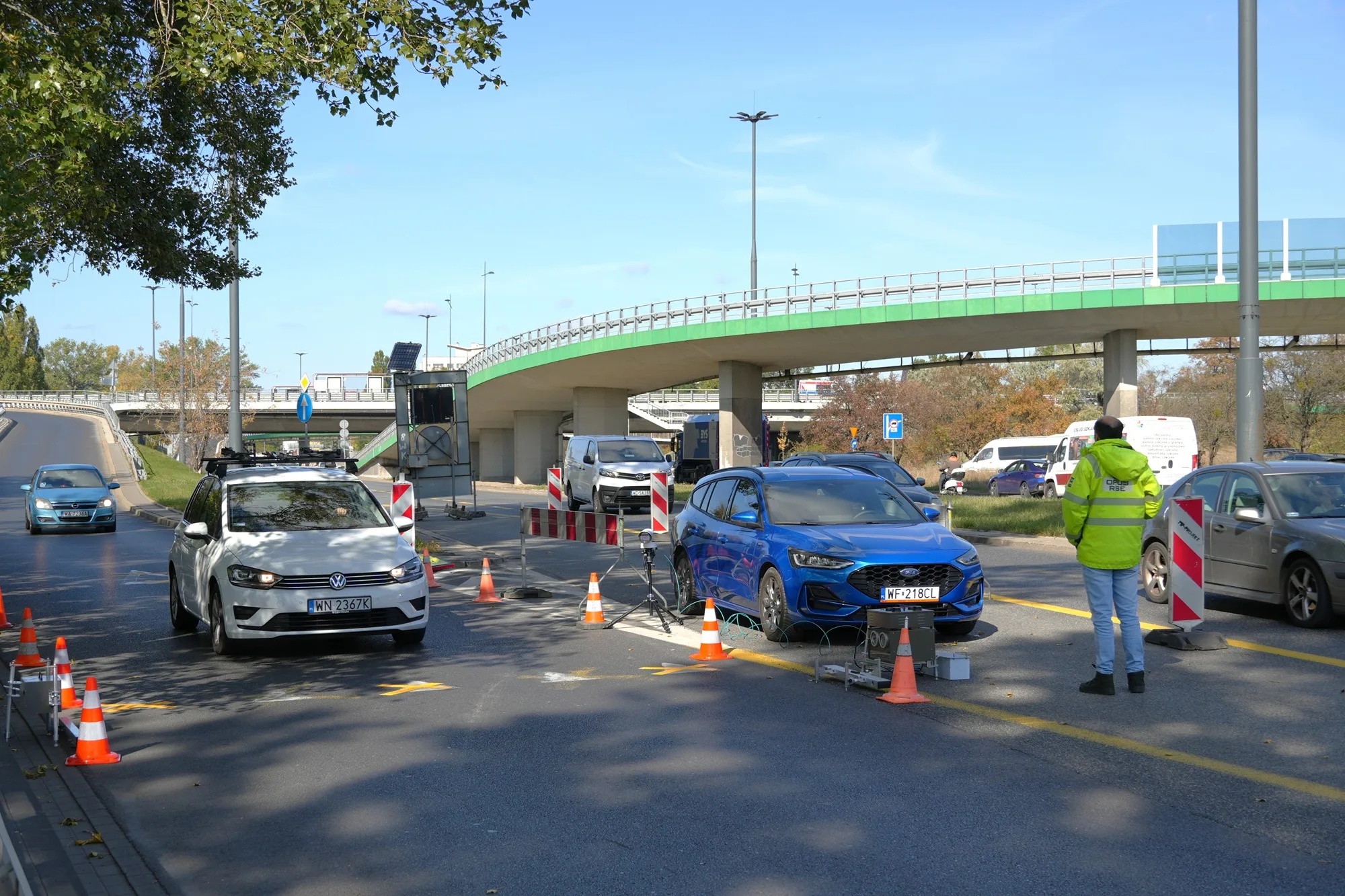
The TRUE Initiative’s first study in Warsaw in 2022 showed that a very small proportion of the city’s fleet—the oldest diesel vehicles—disproportionately contributed to overall emissions, which informed policymakers who were considering a LEZ for the city center. A follow-up study in 2023 evaluated the emissions reduction potential of different LEZ designs using this real-world data, ultimately helping to shape the scope and phasing of the current LEZ scheme, which came into effect in 2024.
This new study aims to:
- Generate additional real-world emissions data from both inside and outside the LEZ to assess the compliance and the actual emission reduction benefits of the LEZ.
- Compare how vehicles from similar testing sites have changed over time to assess consumer behavior.
- Provide evidence-based recommendations for improvement ahead of the next LEZ step planned for 2026.
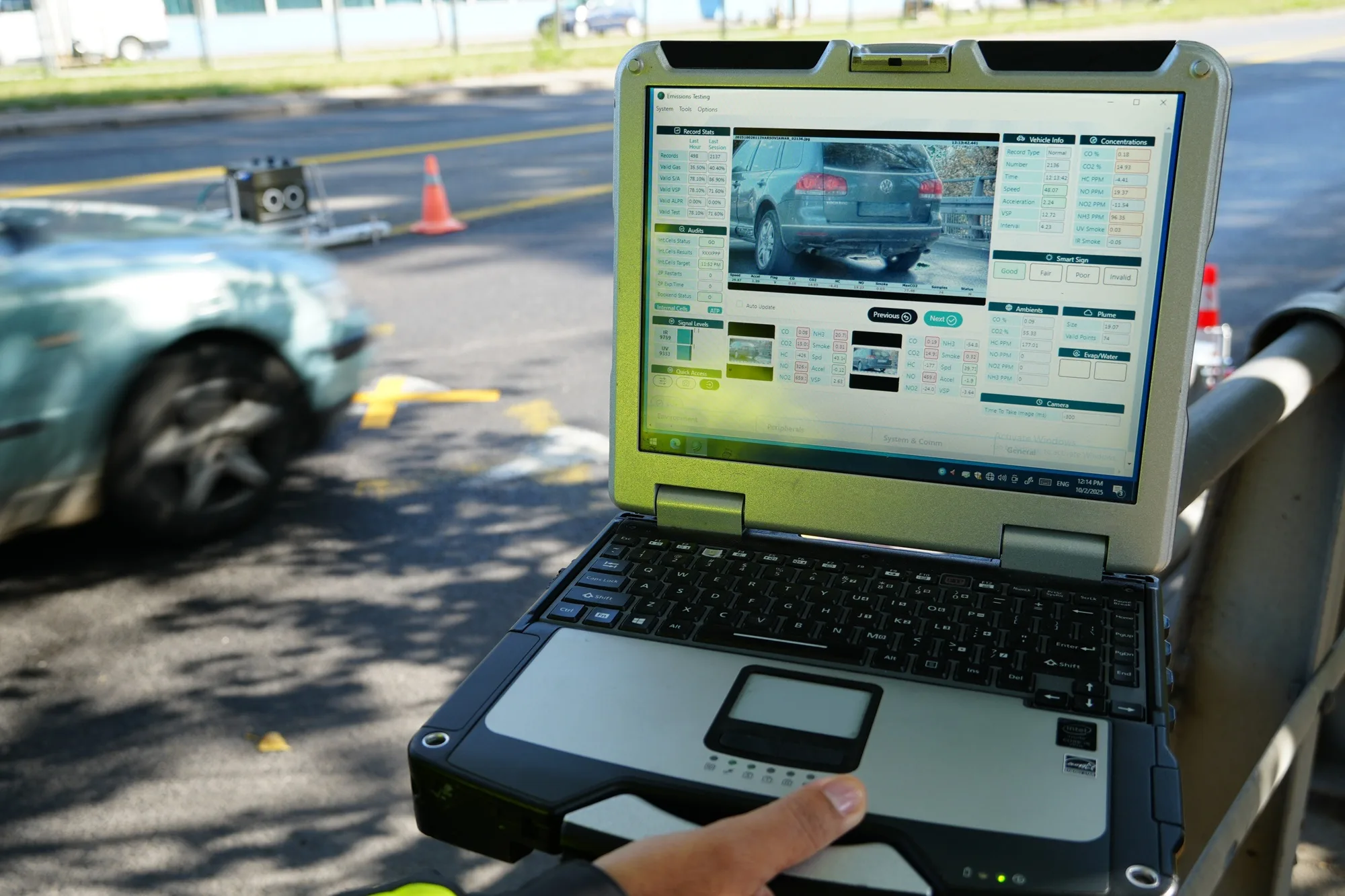
Researchers will additionally conduct a health impact assessment of the Warsaw LEZ using the real-world emissions data generated. A recent study by the International Council on Clean Transportation (ICCT), the TRUE Initiative’s technical partner, demonstrated that city-level policies, like LEZs, could meaningfully improve public health in less time than the lifespan of a typical car. Although studies have quantified the health benefits of long-established LEZs, like those in London, Brussels, and Paris, for Warsaw’s nascent LEZ, more evidence is needed to support the public health argument. This study will help bring new insights about the direct health benefits of LEZs to not only the capital, but cities across Poland.
“It’s great to be continuing our partnership with the city of Warsaw,” said Kaylin Lee, researcher with the ICCT. “Not only will this new round of testing offer us insight into how the LEZ is performing, but we’ll also be able to use the data to quantify the potential health benefits for the city’s residents as well.”
The comprehensive study assessing emission reductions and health impacts of the Warsaw LEZ is expected in early 2027. This project receives the support of Breathe Cities.

